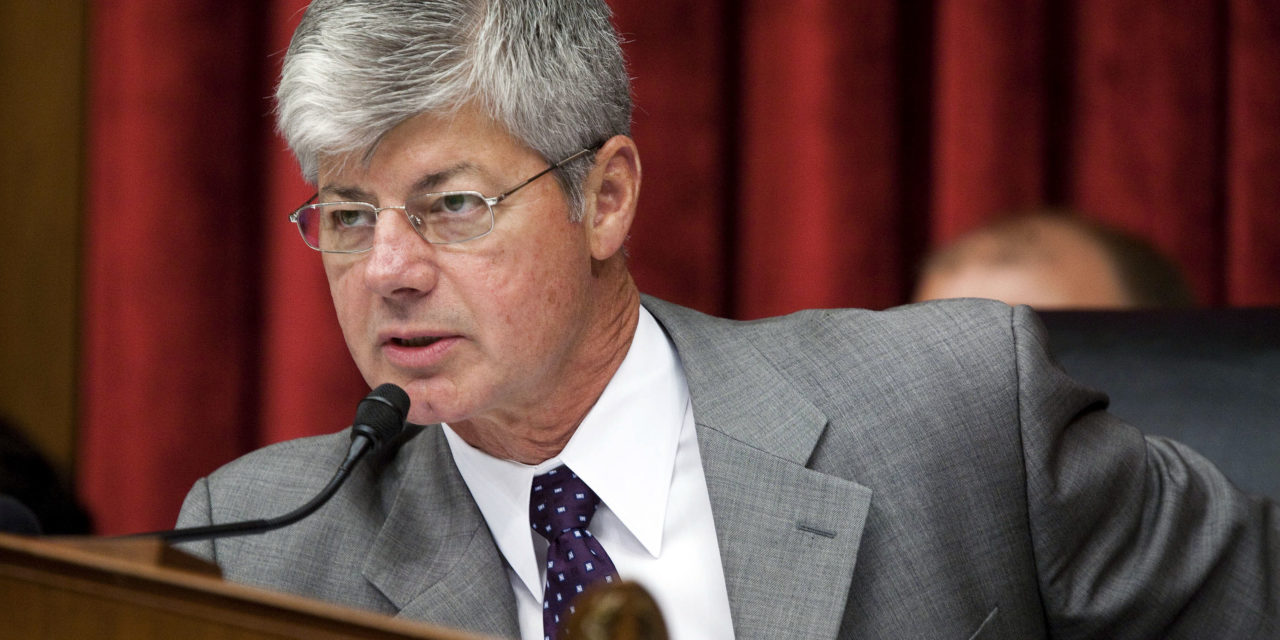Former congressman Bart Stupak, who represented northern Michigan for 18 years, said on a podcast today that young, extremist House members with “little respect for the institution” have led to the dysfunction on Capitol Hill.
“You have younger people, who have little respect for the institution or the way Congress works. They just come – on both sides – with these extreme positions and they just can’t understand … why the other side won’t agree with them. And then they want to hammer the other side because they won’t go along with them,” said Stupak who was first elected in 1992 and served through 2010.
“It’s much more contentious, much more cantankerous, much more uncivilized than when I was there.”
Stupak’s criticisms of Congress came on Deadline Detroit’s Friday Morning Podcast, hosted by Michigan pollster Dennis Denno and longtime political pundit Bill Ballenger. An Upper Peninsula Democrat, Stupak said that 2010, when the tea party rose to prominence, was a turning point as about 30 moderates chose to step down. Since then, many more have followed suit.
“It’s more dysfunctional because the moderates on both sides — Democrats and Republicans, moderates like myself — have left the Congress,” he said.
In 2010, Stupak struck a deal with the Obama White House just hours before the final House vote on the Affordable Care Act (ACA) and succeeded in pushing “Obamacare” over the top. For that move, he became perhaps the most reviled congressman in America among several voting blocs until he suddenly decided to retire from Congress.
Stupak bemoaned the “stranglehold” that the two parties have on their congressional members. At the same time, those newly elected over the past decade are moving more toward the extremes on many issues, he said, while exhibiting zero tolerance for moderates or mainstream lawmakers.
As for the Michigan Democratic Party’s repeated failures in recent elections to win congressional or legislative seats in northern Michigan, Stupak advised that candidates should run their own race, not follow an agenda laid out in Washington or Lansing.
“You don’t need party leaders coming in to campaign for you,” he said. “The Democratic Party has gone to identity politics. It’s all about identity, identity. … Be true to yourself, not to these identity politics.”




